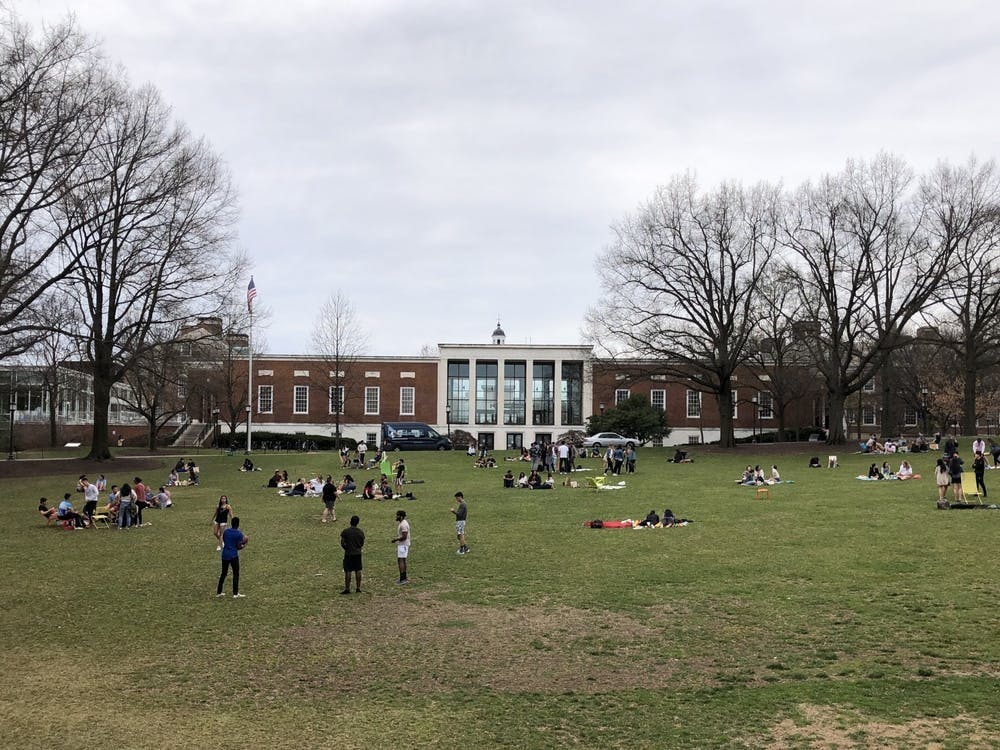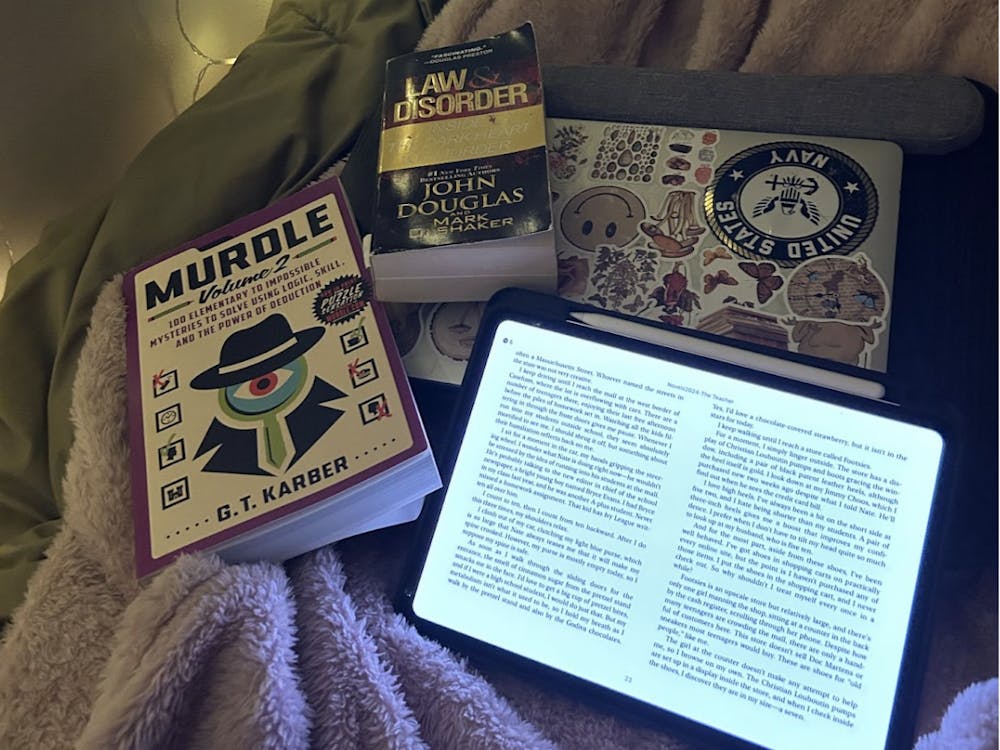Recently, University President Ronald J. Daniels informed students that while Hopkins will offer some degree of in-person instruction and residential living this coming fall, no student will be required to return to campus. All or most courses will be offered online.
A choose-your-own-adventure fall experience sounds ideal in theory. Those who want to come back to Baltimore may, and those who would rather play it safe stay home. Simple. Yet the University is making an important oversight in splitting the student population into on-campus and off-campus groups. Despite Daniels’ purported “keen focus on equity and fairness,” an optional return to campus is inherently inequitable for those remaining off campus.
Recall the great grading system debate of the spring semester. Students rallied to show administration that, for many reasons, optional pass/fail wasn’t an equitable option. For one, students at home do not enjoy equal access to resources and study opportunity. Varying internet speeds, time zones, noise levels, family dynamics and more could interfere with academics. There was also the fact that we were in the middle of a pandemic, and school was definitely not everyone’s priority.
None of those things will be different in the fall. Students at home will still deal with various difficulties, and we will still be in the throes of coronavirus (COVID-19) outbreaks. There’s no guarantee that the students who struggled most at home will be able to return to campus.
Splitting the student population adds further layers of inequality. Yes, it would doom those at home to a semester of wistful scrolls through peers’ posts of Baltimore sunsets and Döner Brös kebabs. But much worse is the inherently higher quality of education for those able to return to campus. While socially distanced college will look different, some things will stay the same: the rapport-building conversations with professors on the way out the door, TA-led lab technique demonstrations, gatherings with friends to pummel through a particular tough problem set — all without the inevitable poor video quality, lag and lack of self-discipline faced at home.
This will be the reality for many students in the fall: inequality with the price tag of a top-tier education. International students, immunocompromised students and those with at-risk families will be particularly vulnerable. Despite all this, students might be graded by the same standards regardless of whether they are at Hopkins or at home. Allowing those at home to pass/fail might ameliorate some of the inequity, but this is unlikely given that fully virtual summer classes are graded.
Even those who return to Baltimore could face challenges to successfully completing the semester. Dr. Anthony Fauci and other top health officials fear that the flu season and COVID-19 will combine into a perfect storm of public health devastation. By enticing students back with an undoubtedly better education, Hopkins is putting them at a greater risk of sickness. Personal illness in the middle of the semester is a nightmare already, but in Baltimore, students would be far from families that might normally provide care and support.
An optional return policy forces us to choose: our and our family’s peace of mind or a high-quality education worth the tuition. That’s not a choice students should need to make in the midst of an unprecedented pandemic. The solution, of course, is to not leave it up to individual students. All online, or all back to campus.
Amid numerous international travel restrictions, economic turmoil and ever-rising COVID-19 cases, many won’t have the opportunity to make a much-awaited return to Baltimore. Given the trajectory of the virus, the most prudent option seems to follow in the footsteps of hundreds of other universities: online-only.
No one wants to hear this. Online-only would be particularly heartbreaking for incoming freshmen and rising seniors, robbed of their first and last fall semester. And trust me when I say I’m itching to go back to what’s become a second home. I yearn to hug my roommate, to regain some semblance of independence and even to revisit the Fresh Food Café — even not on chicken tender day. Yes, I went there.
But if Hopkins wants to live up to its claims of focusing on equity and fairness, this is the only way forward. Just as optional pass/fail was clearly not equitable, an optional return to campus is no better. Whatever the University decides going forward, it must remember that we are in a pandemic. Students shouldn’t be forced to choose between their assured safety and a quality education.
Romila Santra is a rising junior from Overland Park, Kansas studying Neuroscience and Medicine, Science, and the Humanities. She is a section head for the Hippocrates Med Review and a crisis counselor for the Crisis Text Line.





